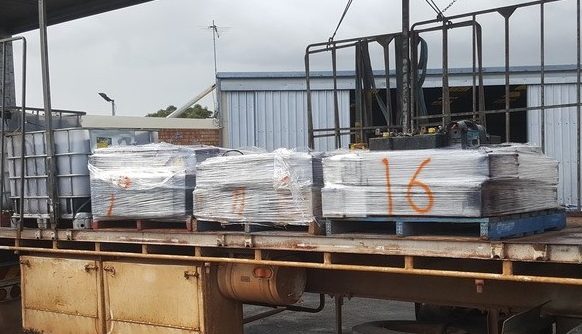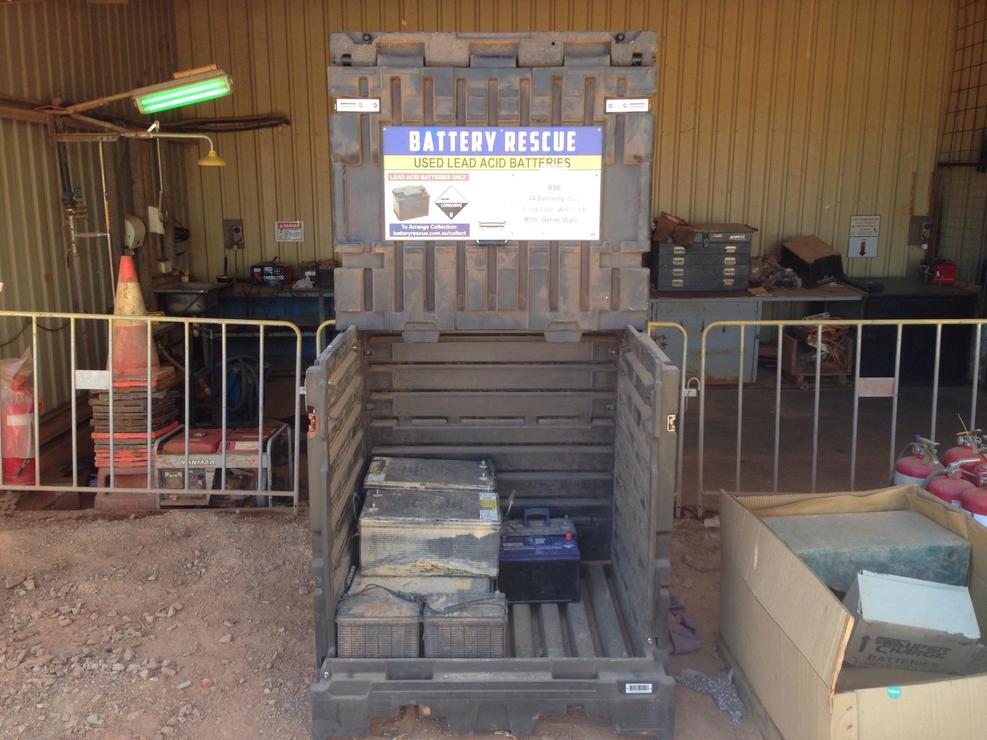Following an alarming 85% spike, last year, in fatalities due to accidents involving heavy vehicles in NSW, Paul Endycott of safety consulting firm, Zenergy, is urging companies to undertake an in-depth analysis to address any potential “chain of responsibility” risks.
Such is the concern caused by the recent spate of accidents that the PM, Malcom Turnbull, has weighed in, commenting that it is of the “gravest concern” and “an ongoing tragedy”.
Speaking to Inside Waste, Paul highlighted that every part of the waste supply chain is responsible for heavy vehicle safety under the National Transport Council’s recent “Chain of Repsonsibility” provisions, which can see companies fined up to a maximum of $3M and individuals $300K plus up to 5 years in prison.
Used lead acid batteries are a controlled hazardous waste, dangerous good and are very heavy, hence proper precautions are critical when transporting. Consignor’s need to demonstrate that they have taken adequate steps to ensure that the supplier, contracted to remove their batteries, is complying with Australian Code for Transportation of Dangerous Goods, State Environmental laws controlling the movement of a controlled waste and their State’s Heavy Vehicle road transport laws, to ensure they are meeting their “Chain of Responsibility” obligations.
If you are unsure of the transport regulations for used lead acid batteries see, Transportation Regulations controlling the movement of lead acid batteries.
A copy of the article in the February/March edition of Inside Waste can be found here.





